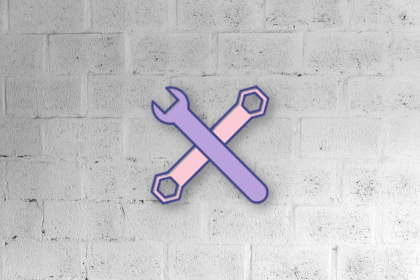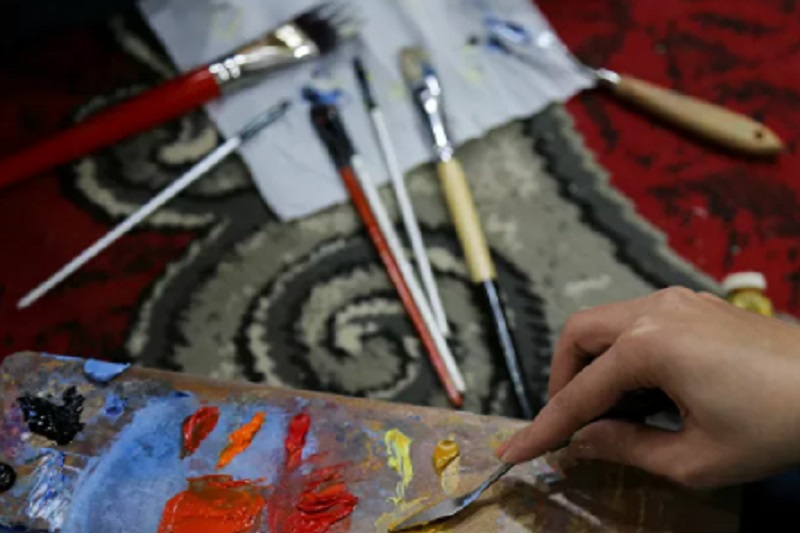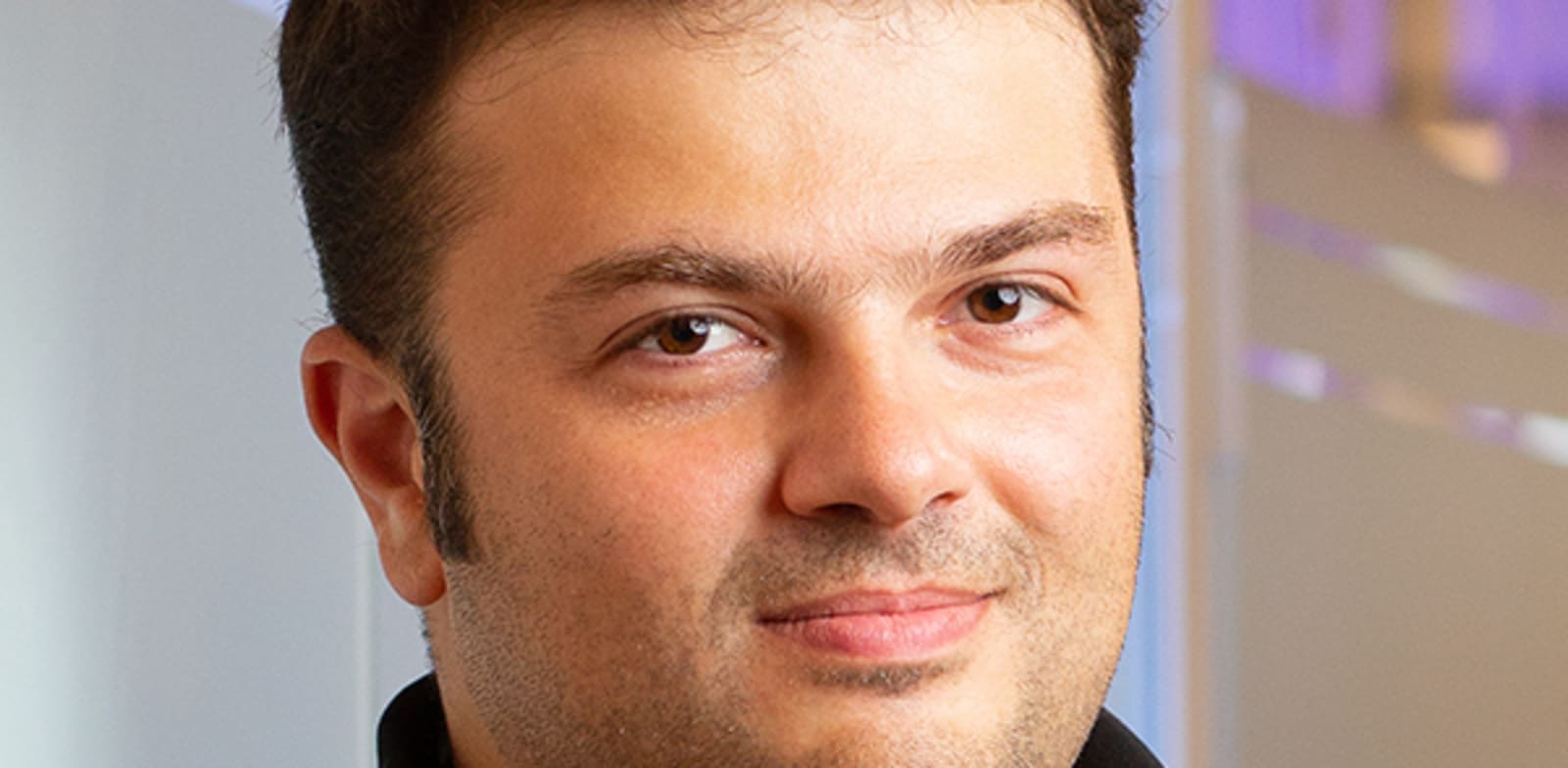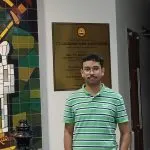Ashutosh Kumar is a classically trained materials engineer. His childhood passion for creating things led him to explore steel design and study stress fractures in alloys. Despite his interest in biology and medicine, he pursued an undergraduate degree in metallurgical engineering and materials science at Indian Institute of Technology (IIT) Bombay, where he felt a sense of excitement and slight dissatisfaction due to not being able to study biology.
Currently a PhD candidate and MathWorks Fellow in MIT’s Department of Materials Science and Engineering, Kumar is able to combine his diverse interests. His research focuses on studying certain bacteria that have been found to promote the spread of ovarian cancer and potentially reduce the effectiveness of chemotherapy and immunotherapy.
By studying the impact of specific bacteria on ovarian cancer cells, Kumar aims to develop therapies that can counteract these effects and potentially improve patient outcomes. His interdisciplinary research combines microbiology, bioengineering, artificial intelligence, big data, and materials science.
Starting his journey in the health sciences during his undergraduate studies at IIT Bombay, Kumar’s passion for biomaterials led him to pursue graduate studies and eventually join MIT for his PhD.
Under the mentorship of Angela Belcher, a professor of biological engineering and materials science at MIT, Kumar began exploring the role of the microbiome in ovarian cancer. Their collaboration, fueled by a MathWorks Fellowship awarded to Kumar in 2022, has enabled them to delve deeper into health science research.
Kumar’s research involves studying the incorporation of bacteria into tumors in mouse models, tracking tumor metastasis using MATLAB image processing, and identifying changes in the microbiome composition in cancer progression.
Belcher commends Kumar for his dedication and innovative approach to tackling ovarian cancer through microbiome research. She acknowledges the critical role the MathWorks Fellowship played in initiating their project with limited preliminary data.
Outside of his research, Kumar is actively involved in student government and community-building activities, emphasizing the importance of creating a supportive and inclusive environment for students to thrive beyond academics.
Reflecting on his unconventional journey from materials science to cancer research, Kumar sees it as a natural progression driven by his evolving interests and opportunities. He emphasizes the dynamic nature of life and the unpredictability of one’s path, expressing gratitude for the remarkable scientific mentors and experiences he has encountered at MIT.






















